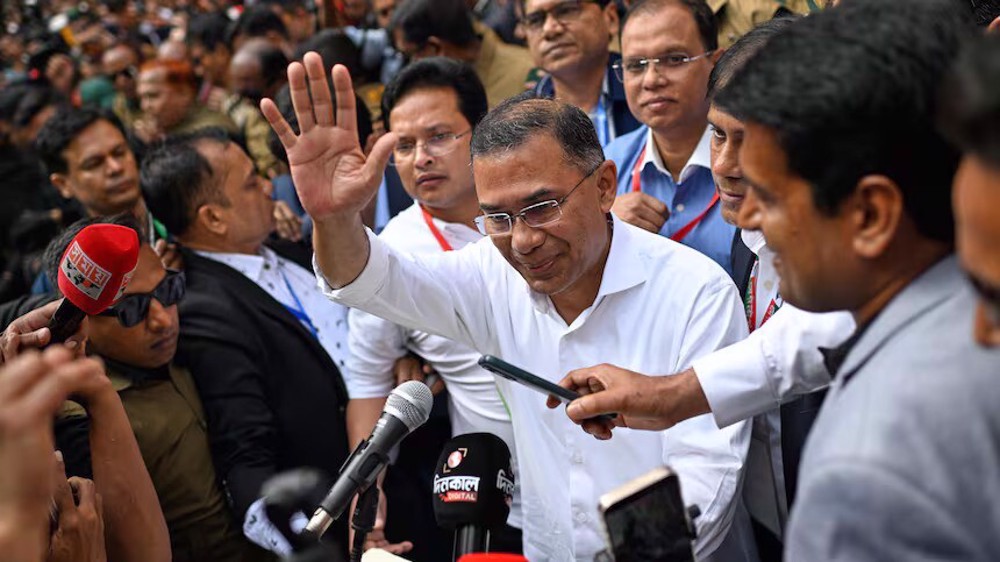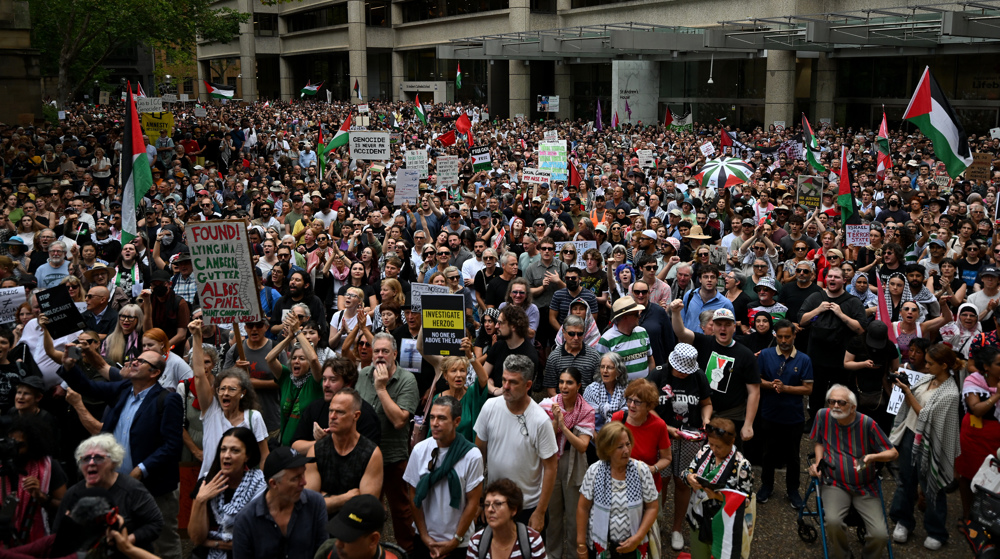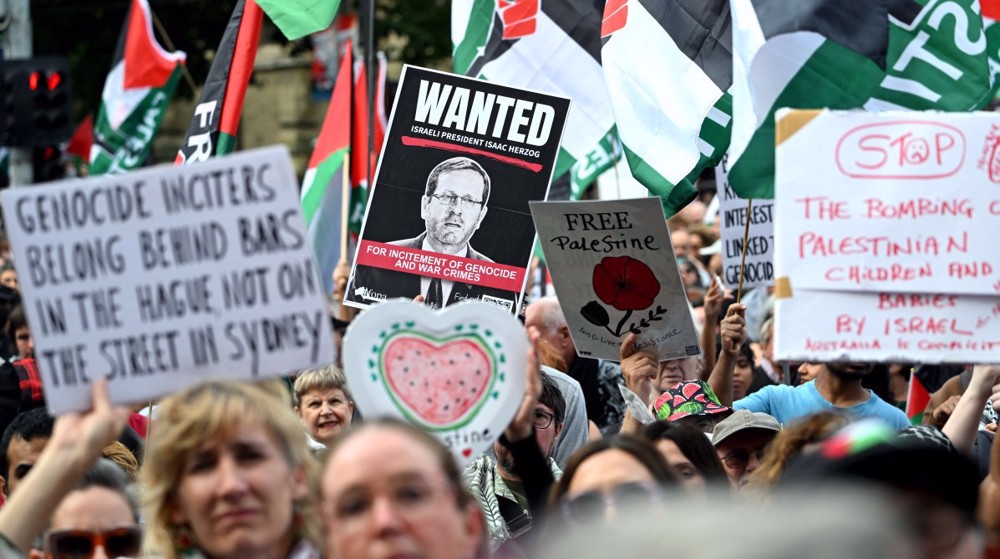Japanese lawmakers visit controversial war shrine
Over 100 Japanese lawmakers have visited a controversial shrine in the capital, Tokyo, where some senior military and political figures convicted of serious crimes in the wake of Japan’s World War II defeat are buried.
The 106 Japanese parliamentarians paid their respects to the dead at the Yasukuni shrine in central Tokyo in an annual tradition as part of the spring festival.
Visits to the shrine by Japanese officials anger neighboring countries, especially China and South Korea, which see the move as a symbol of Japan’s lack of penitence.
China and South Korea see the shrine as a symbol of Japan’s military records. The United States also dislikes the traditional Japanese visits to the shrine, which it views as unnecessarily provocative.
Japan’s Prime Minister Shinzo Abe drew sharp protests from his Asian neighbors on Tuesday after he offered a symbolic gift to the shrine. This is while he decided not to visit it in person, which could have sparked a much more serious outcry.
On December 26, 2014, Abe made his first visit to the shrine as prime minister; a move that angered China and South Korea, which saw the visit as a reminder of Japan’s “imperialist past and wartime aggression.”
Japan occupied large parts of China and the Korean Peninsula during World War II.
Beijing and Seoul claim that Tokyo has not properly compensated for its past military aggression.
XLS/HJL/HRB
VIDEO | Press TV's news headlines
Iran: World bears responsibility to counter Israel’s rights violations in West Asia
Saudi Arabia condemns Israel’s seizure of West Bank land, warns of regional instability
Israeli producer of anti-Iran propaganda series ‘Tehran’ dies in Greece
Diplomacy and deterrence: Iran focused on reaching nuclear deal – without compromise
British Museum faces backlash for eliminating references to ‘Palestine' from displays
Global outage hits X users: Thousands report access issues
US warship seizes second Venezuelan oil tanker in Indian Ocean










 This makes it easy to access the Press TV website
This makes it easy to access the Press TV website